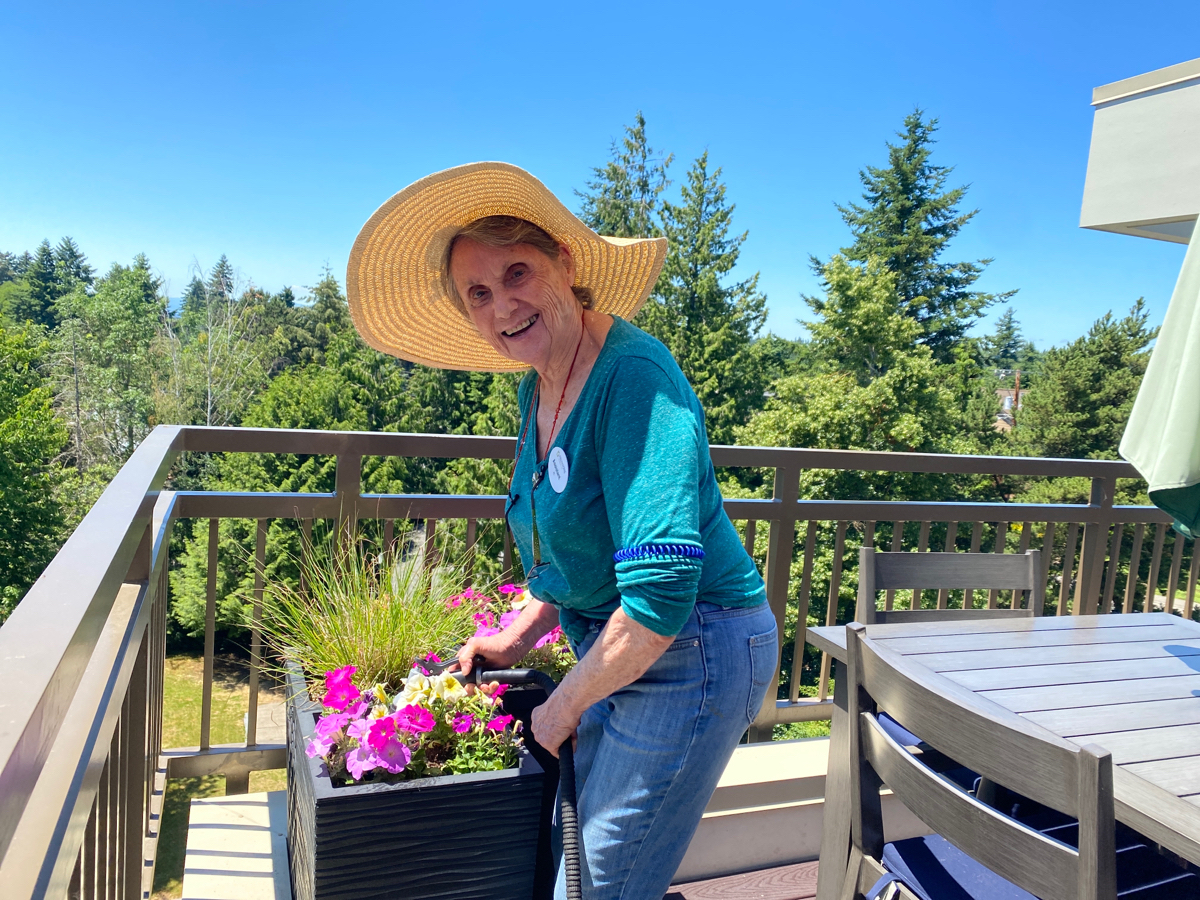
Do you remember the feeling you had as a child, getting lost in play—hours going by until suddenly dusk was falling? Maybe you rode bikes or built elaborate make-believe worlds. Maybe you collected rocks or climbed trees. When children play, they make sense of the world in creative, experimental ways. Science now shows playing is a catalyst for learning, helping to organize concepts, develop motor skills, and test ideas. As we grow older, school life tends to take primary focus, and we tend to think of “play” as something people “grow out of.” Rather than considering play a basic mode of being human, we think it’s merely the antics of youth.

